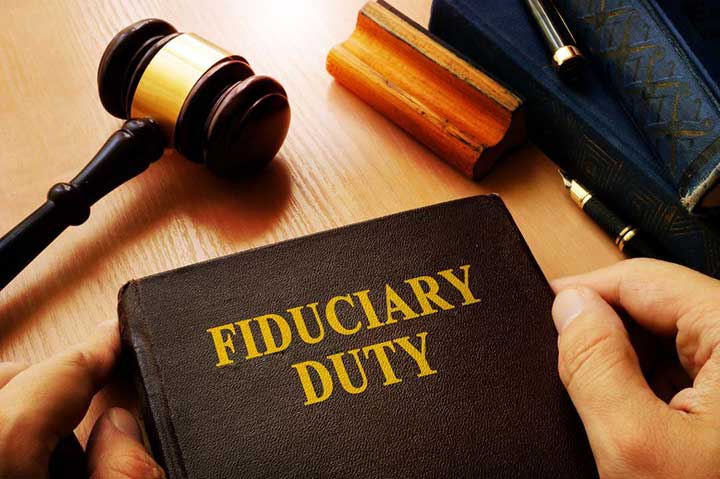Rembaum’s Association Roundup | Jeffrey A. Rembaum, Esq., BCS | Visit HERE
The Florida legislature requires board members to be “certified” in order to be properly qualified to serve on the board of a residential community association. By now you might think that the requirements are exactly the same for condominium boards as compared against homeowner associations’ boards, but they differ with regard to how long the association is obligated to keep the proof of director certification.
The Florida Condominium Act, more specifically §718.112(2)(d)4.b., Florida Statutes, and the Florida Homeowners’ Association Act, more specifically §720.3033(1)(a), Florida Statutes, require the following:
Within 90 days after being elected or appointed to the board of an association of a residential condominium, each newly elected or appointed director shall certify in writing to the secretary of the association that he or she has read the association’s declaration of condominium, articles of incorporation, bylaws, and current written policies; that he or she will work to uphold such documents and policies to the best of his or her ability; and that he or she will faithfully discharge his or her…











